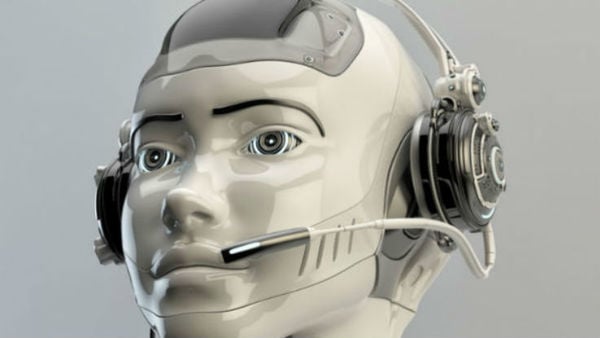 According to research, after an automation investment, recent hires tend to move on to new jobs “quite seamlessly,” while incumbent workers take longer to find new employment. (Photo: Shutterstock)
According to research, after an automation investment, recent hires tend to move on to new jobs “quite seamlessly,” while incumbent workers take longer to find new employment. (Photo: Shutterstock)
While automation may not create the same amount of widespread pain as mass layoffs in a downturn, some workers are more impacted than others when their companies automate processes, according to the research paper, “Automatic Reaction – What Happens To Workers At Firms That Automate?”
Researchers headed by Boston University's James Bessen examined 2000-2016 data on Netherlands workers, and found that the probability of workers leaving their company increased when there was a spike in automation investments – but not in droves as predicted by some “alarmists.”
Cumulatively after five years, 8.5 percent of “incumbent workers” will have left, compared to the 7.2 percent of “recent hires” who will have separated from their employer (the researchers could not determine from the data whether these workers quit or were fired).
Recent hires tend to move on to new jobs “quite seamlessly,” while incumbent workers take longer to find new employment, possibly due to “having accumulated more (firm-specific) human capital which is depreciating in the face of automation,” the authors write.
“Older workers generally bear more of the cost of automation-driven displacement: they either experience longer non-employment durations or enter early retirement (as is the case for incumbents), or have higher firm separation probabilities and lower daily wages (as is the case for recent hires),” the authors write.
Higher-skilled workers are also more apt to leave due to automation, but they tend to find jobs more quickly than lower-skilled workers, according to the research.
“The burden that automation places on workers is less than the burden created by mass layoffs and plant closings that arise from things like declining demand or bankruptcies,” Bessen writes in a Boston University blog. “Nevertheless, the burden placed on affected workers is substantial, and existing safety net programs are not providing these workers much economic security.”
Bessen concedes that the impact of automation might worsen in the future and further research should determine how workers would be affected.
Complete your profile to continue reading and get FREE access to BenefitsPRO, part of your ALM digital membership.
Your access to unlimited BenefitsPRO content isn’t changing.
Once you are an ALM digital member, you’ll receive:
- Breaking benefits news and analysis, on-site and via our newsletters and custom alerts
- Educational webcasts, white papers, and ebooks from industry thought leaders
- Critical converage of the property casualty insurance and financial advisory markets on our other ALM sites, PropertyCasualty360 and ThinkAdvisor
Already have an account? Sign In Now
© 2024 ALM Global, LLC, All Rights Reserved. Request academic re-use from www.copyright.com. All other uses, submit a request to [email protected]. For more information visit Asset & Logo Licensing.








